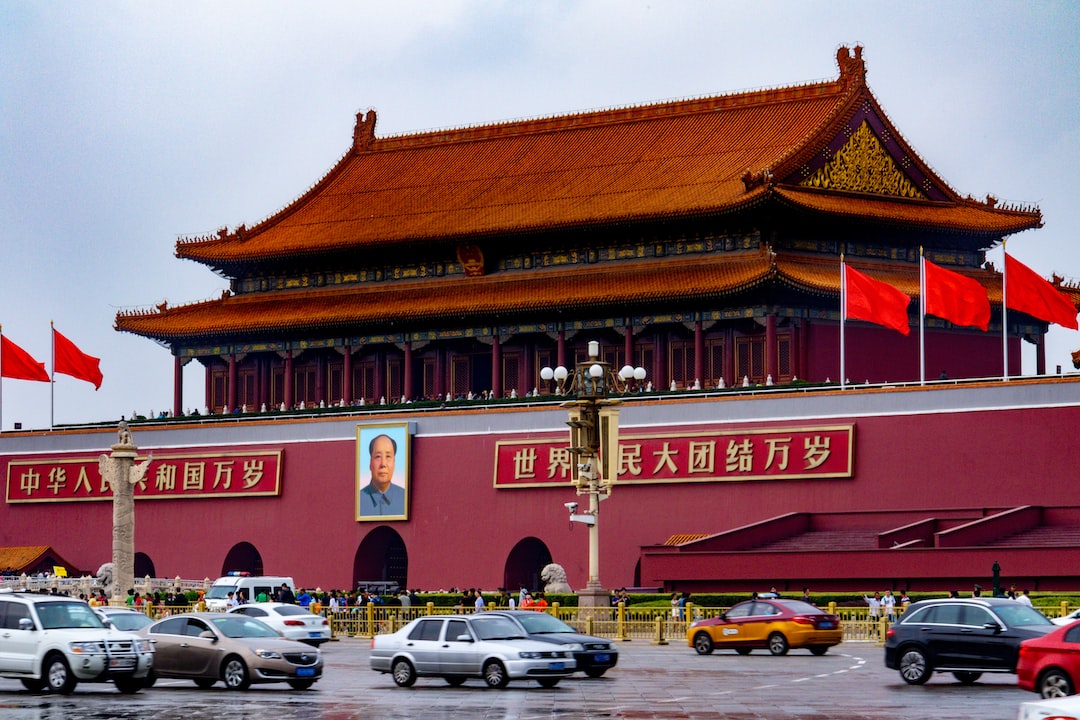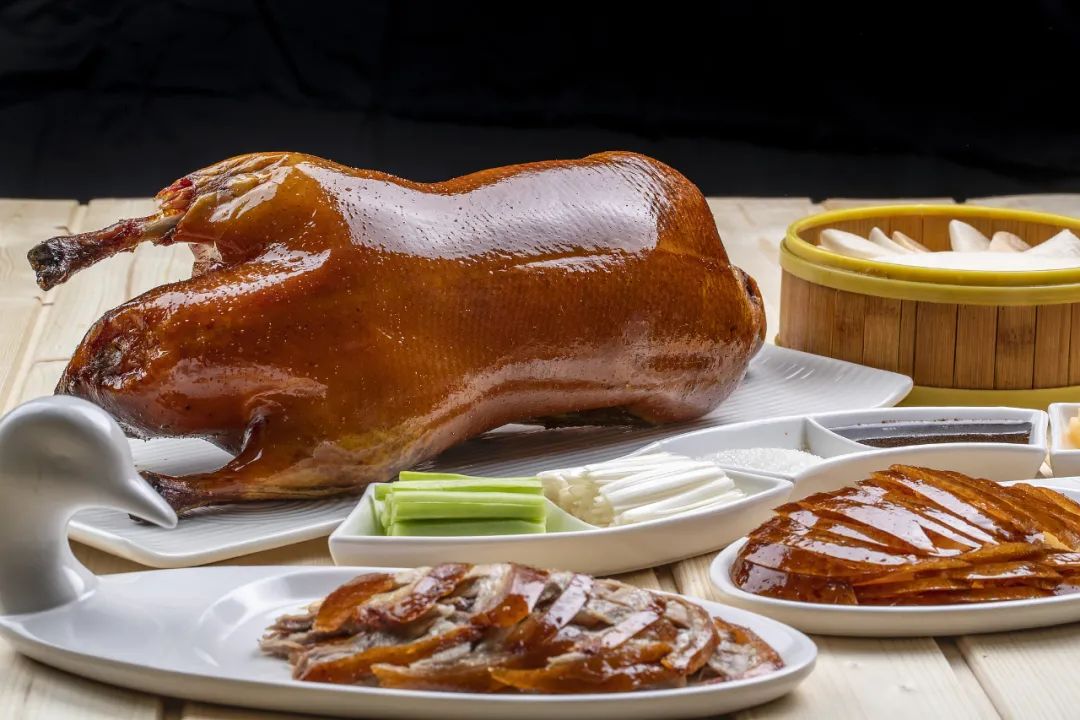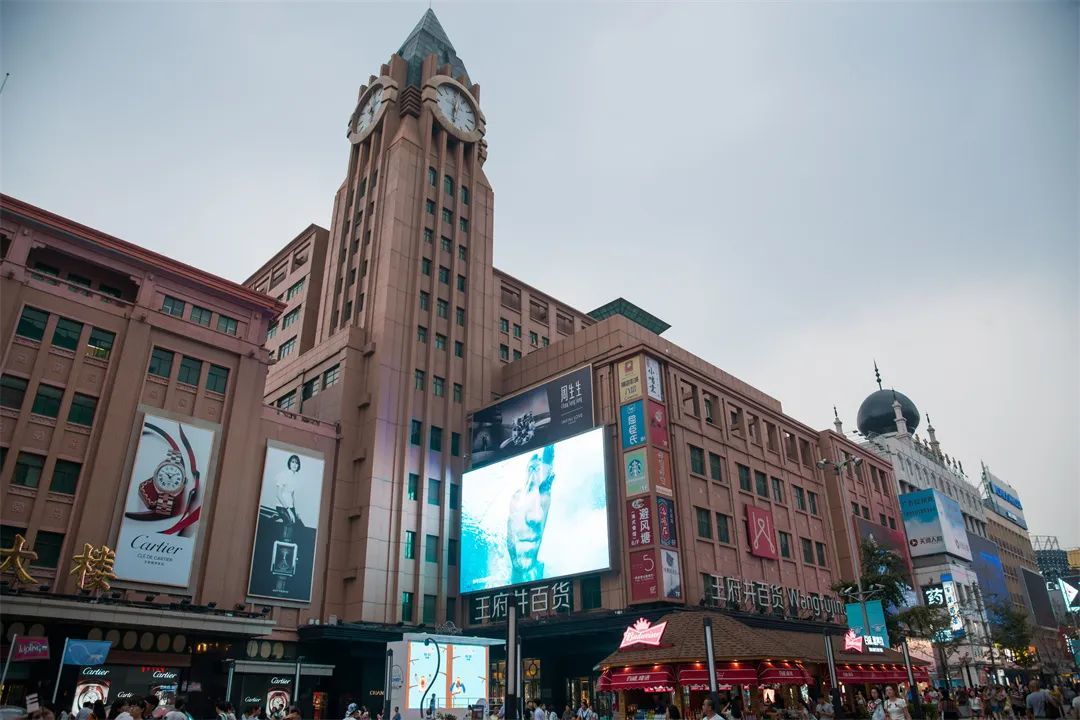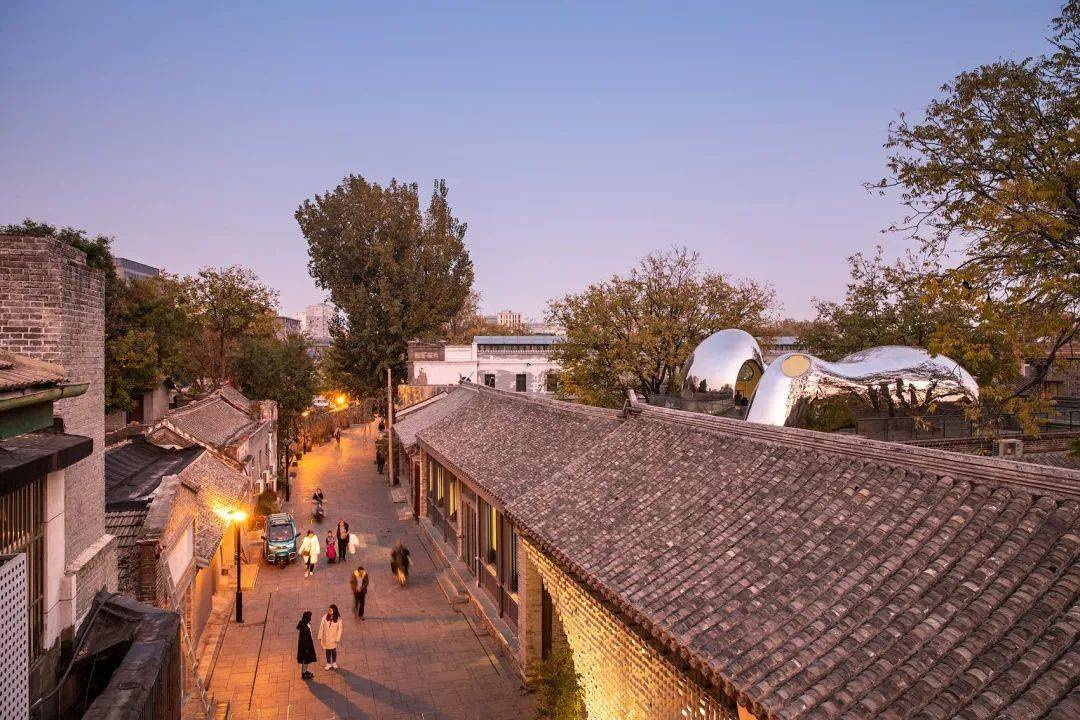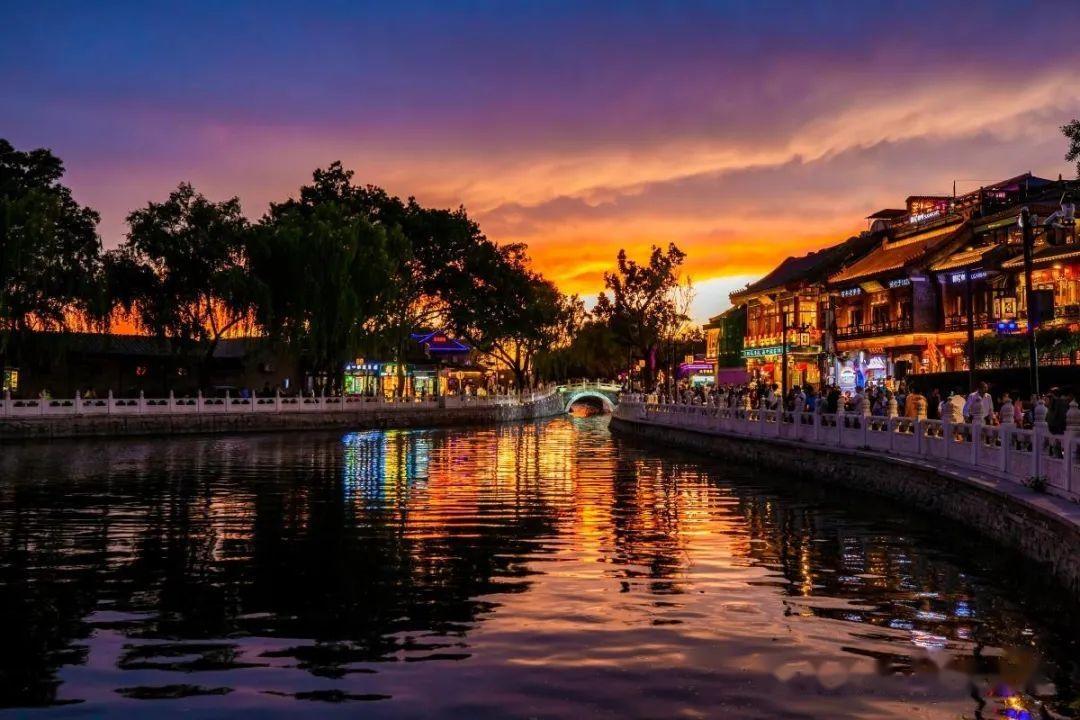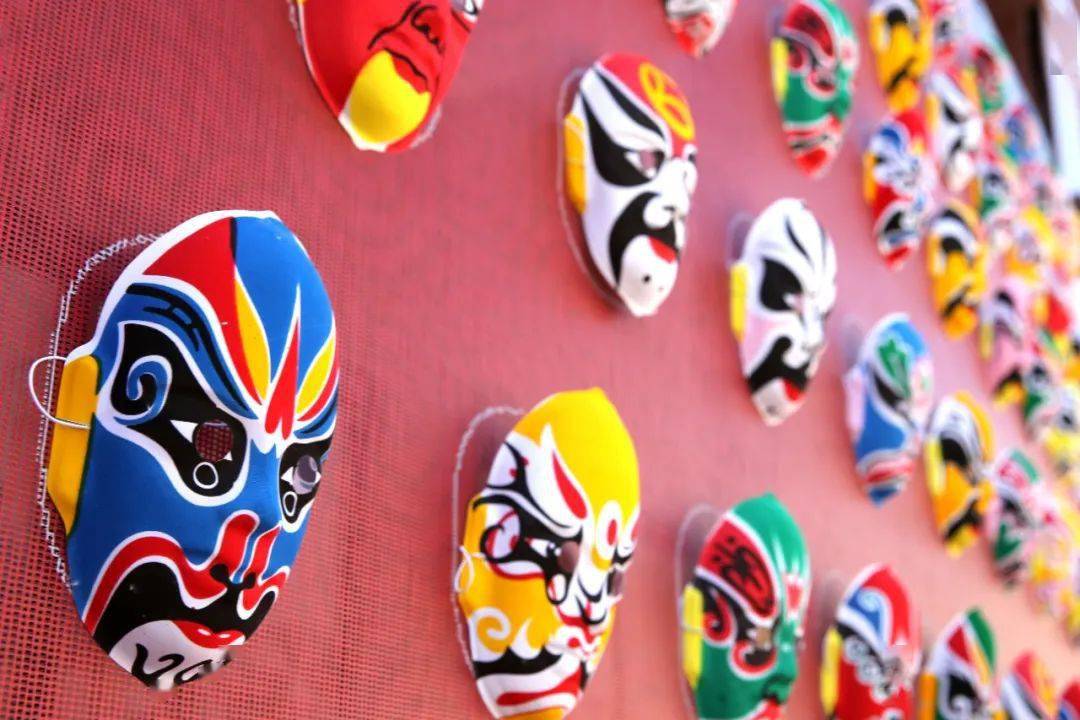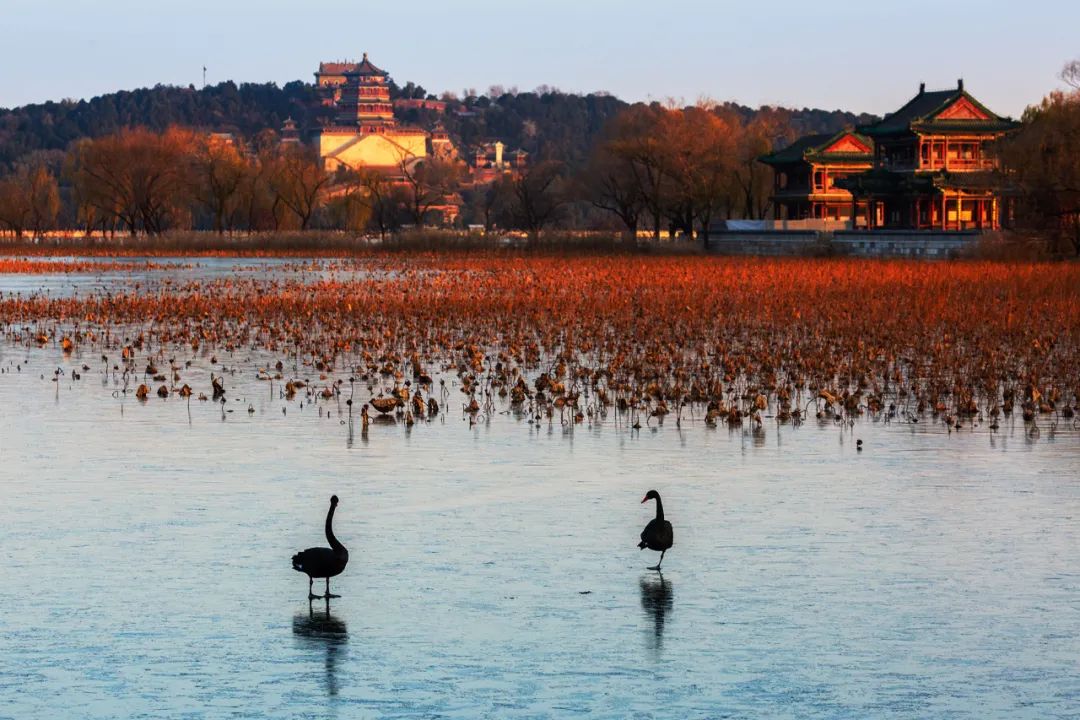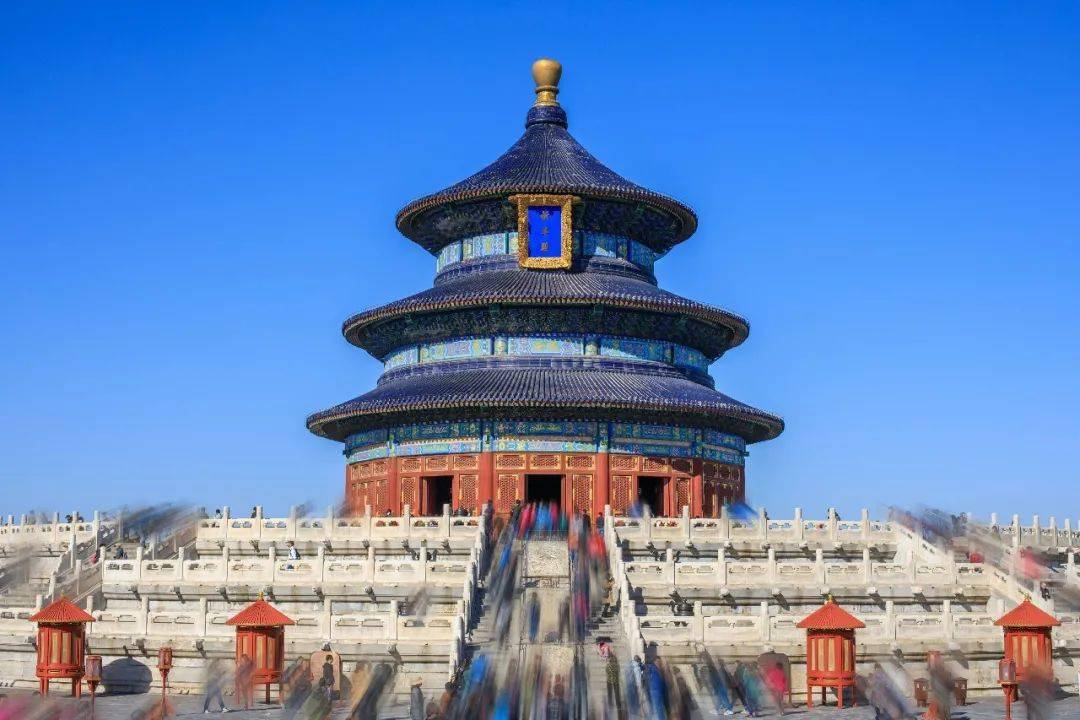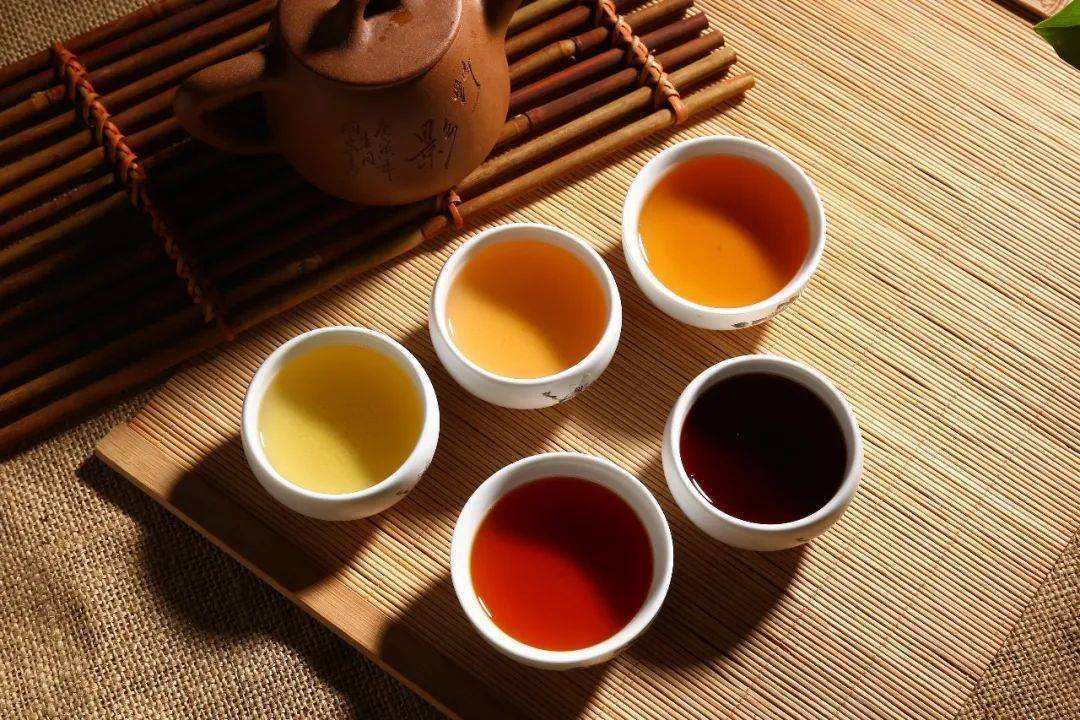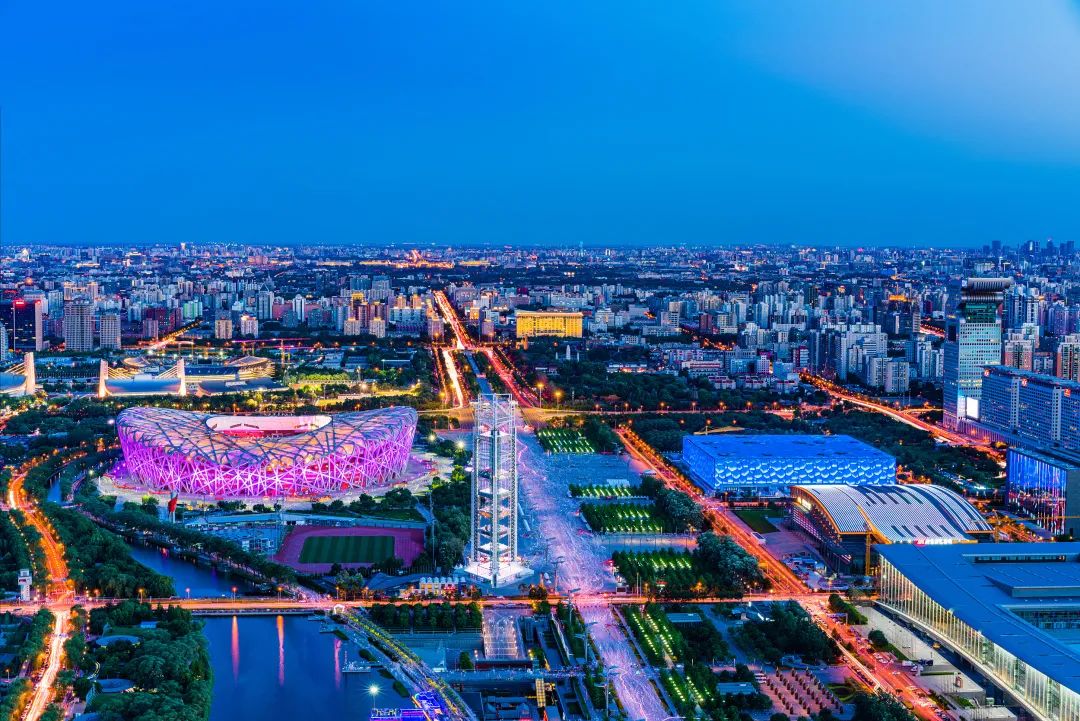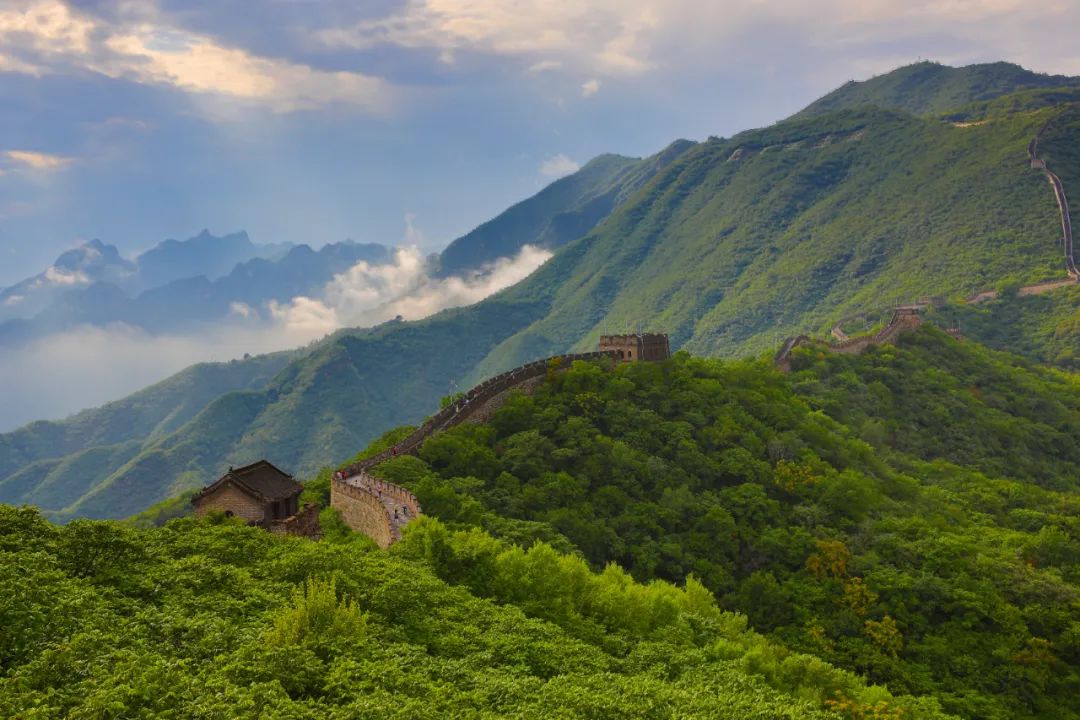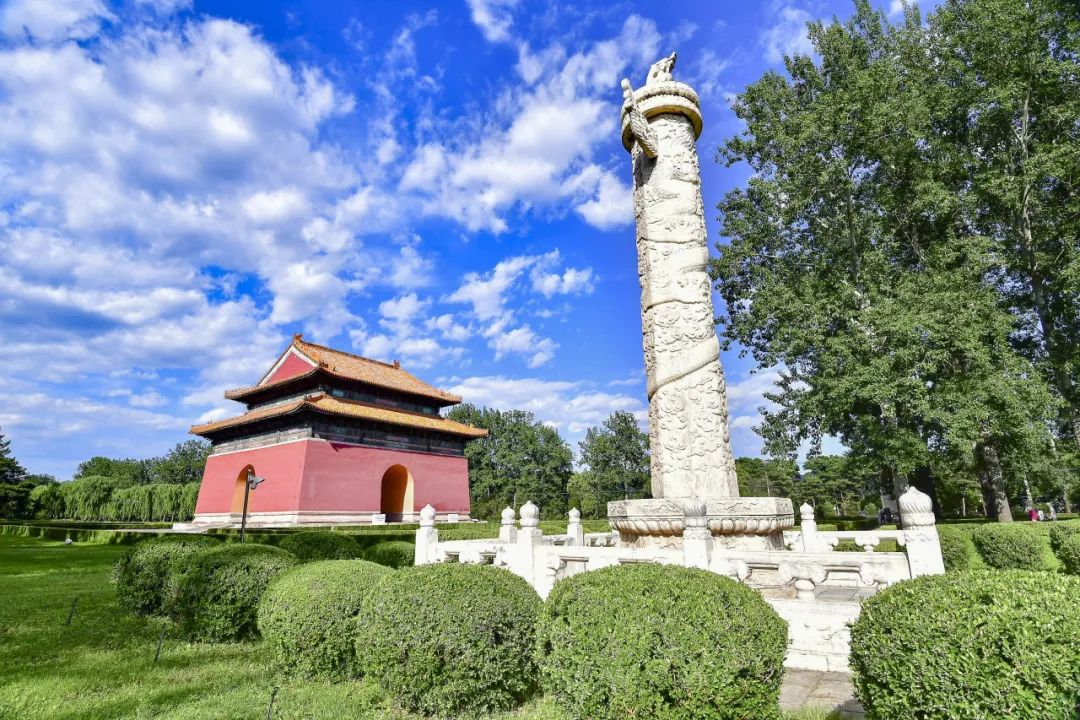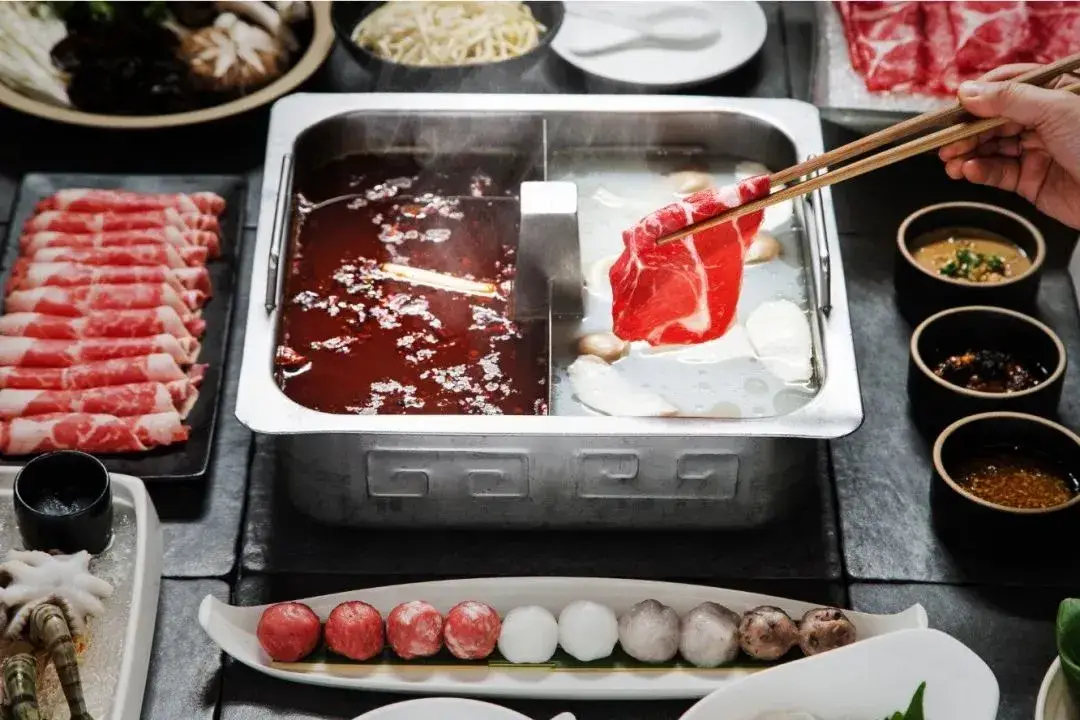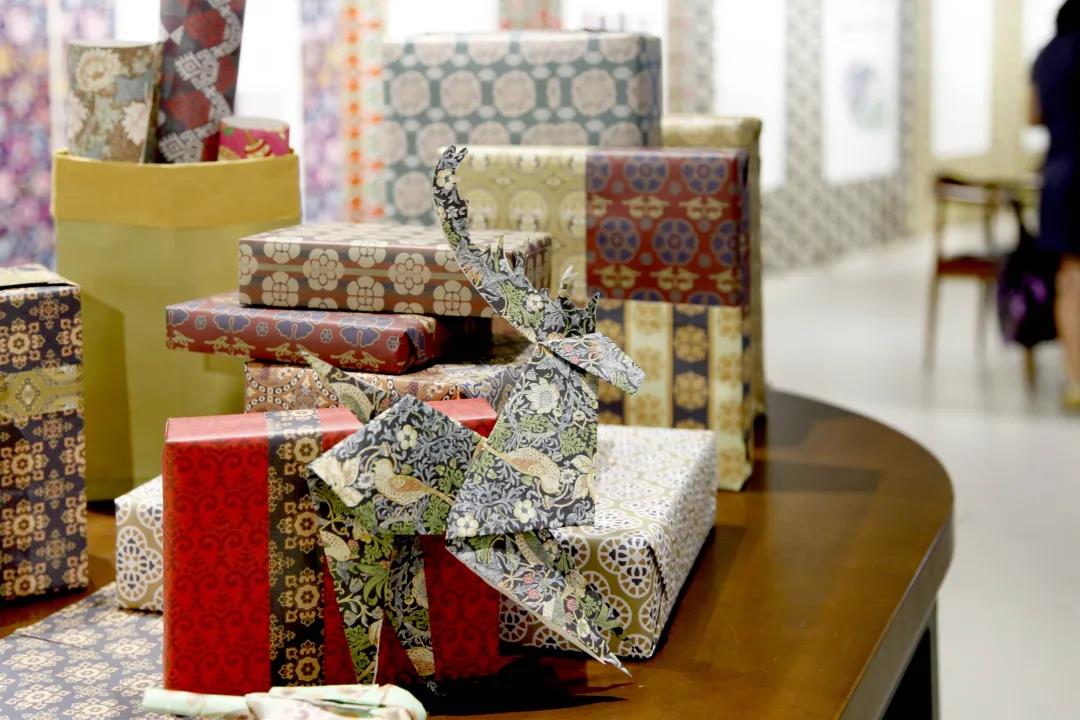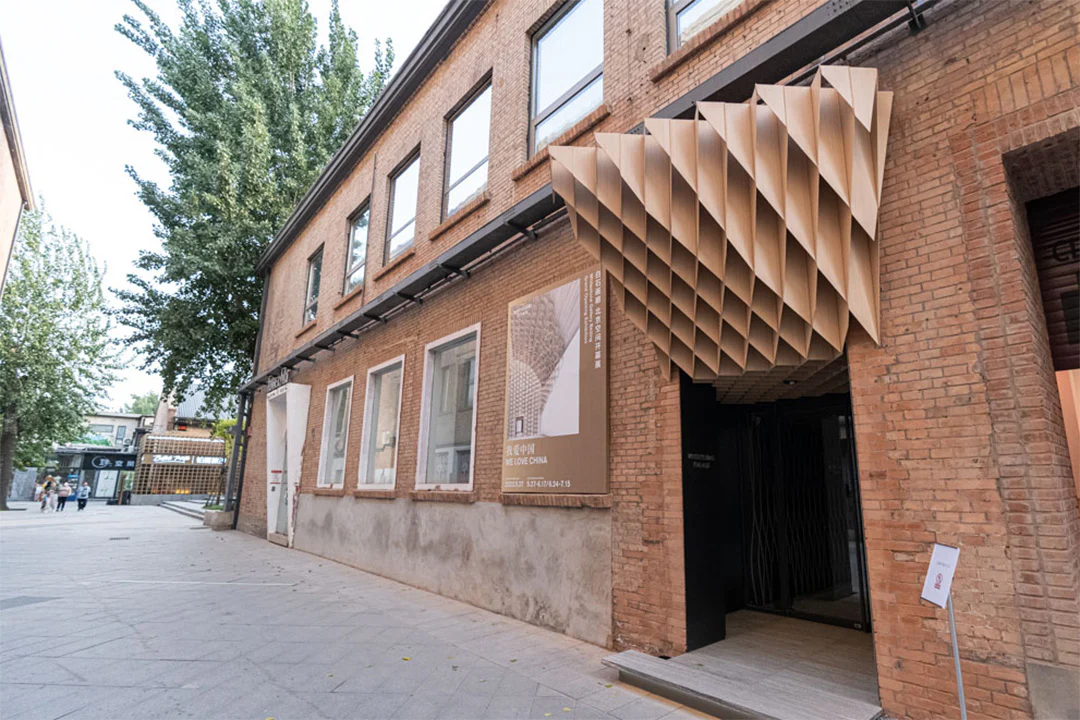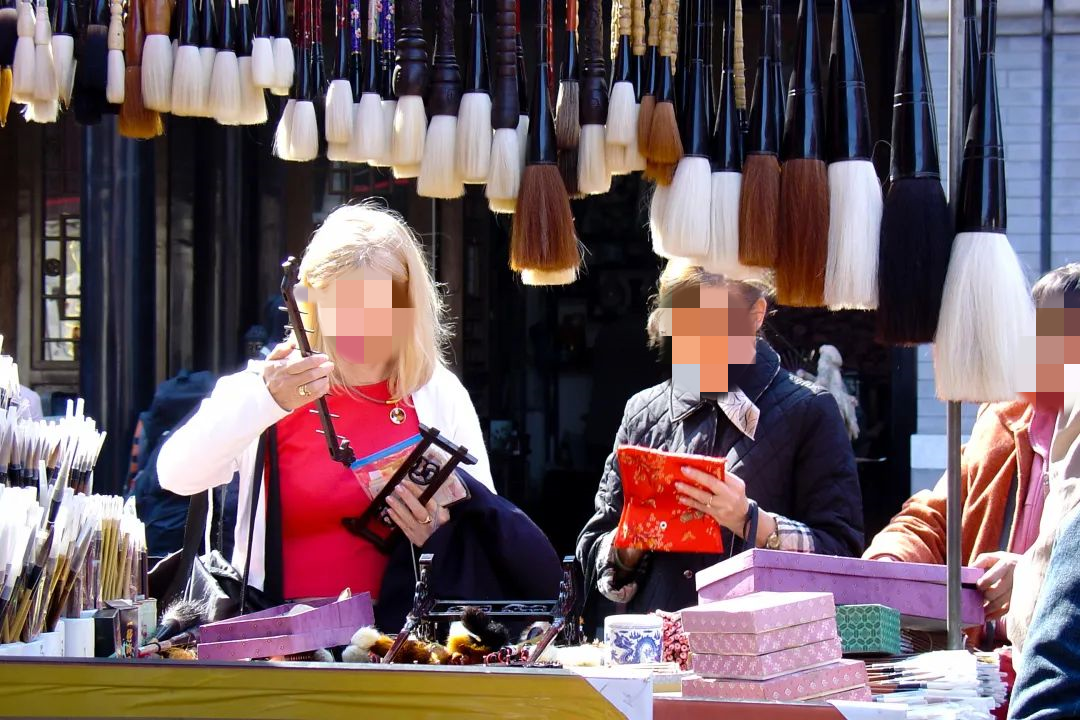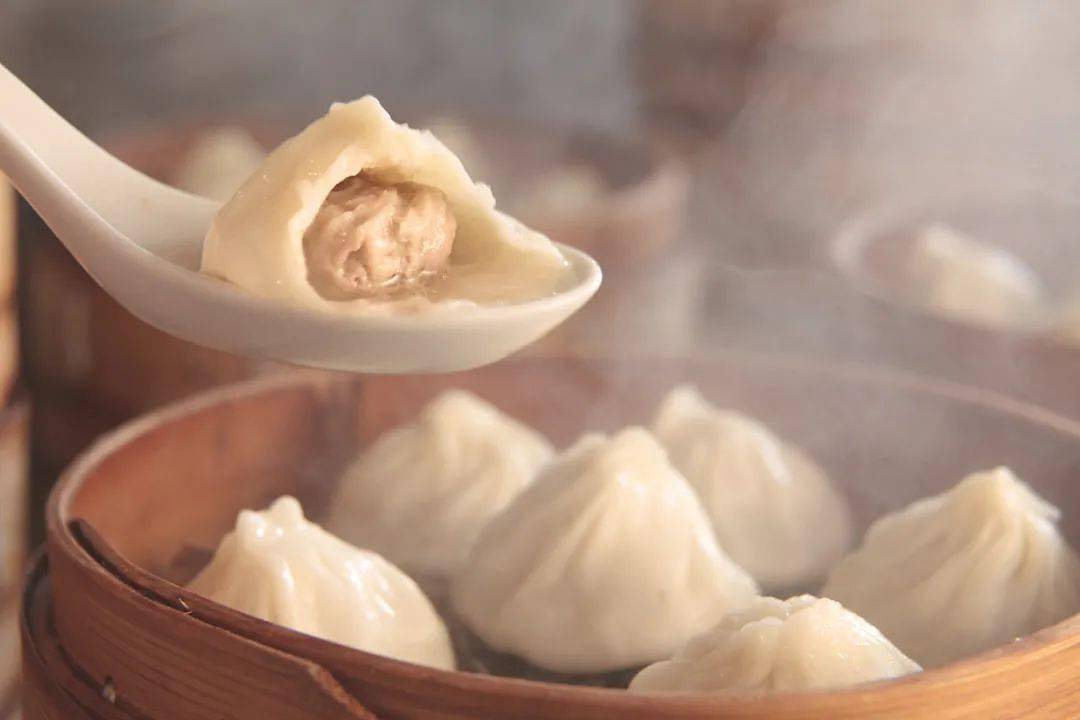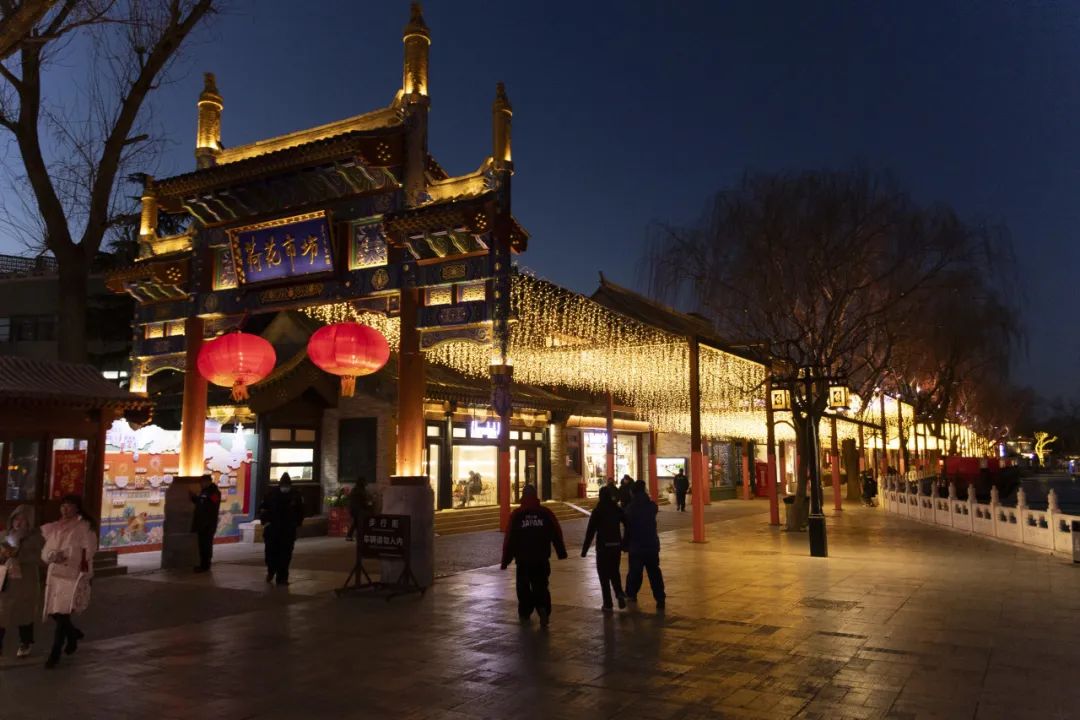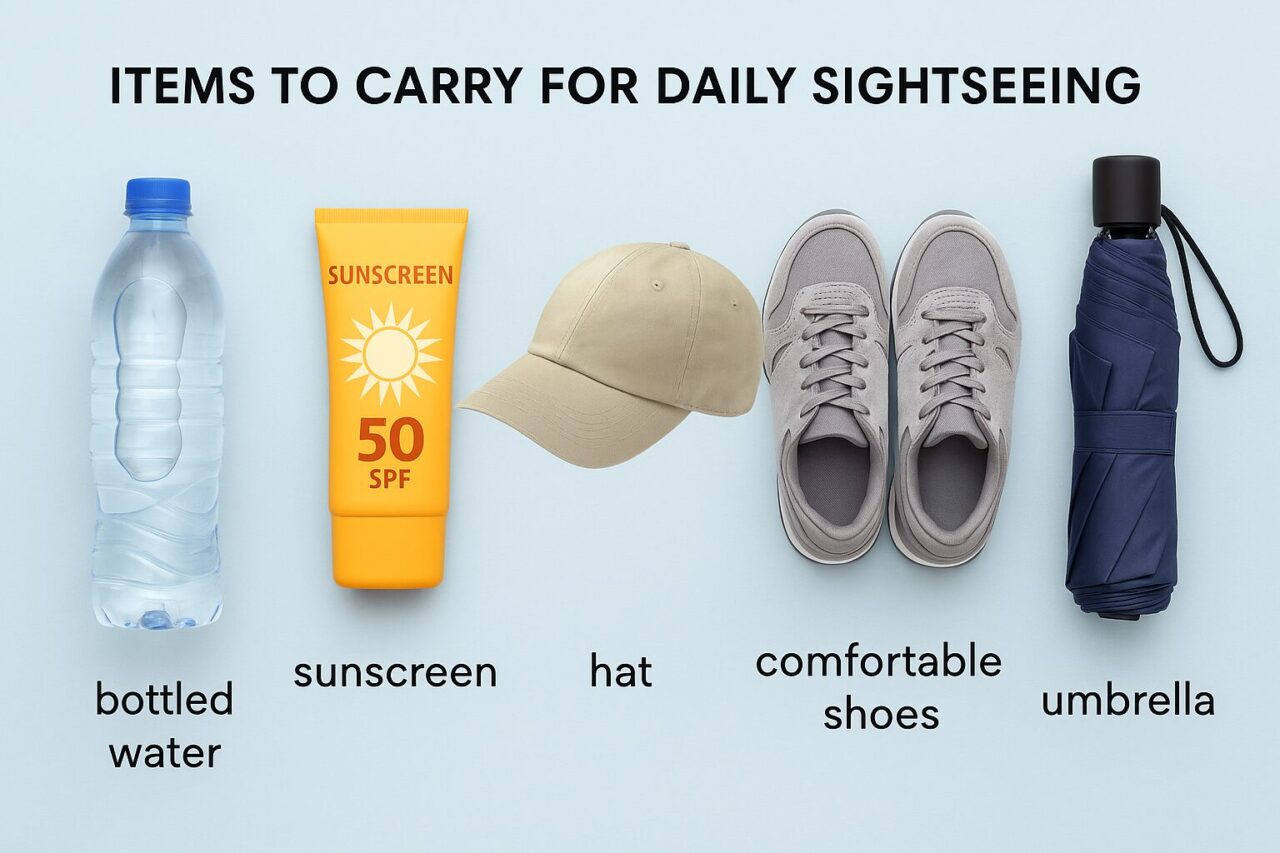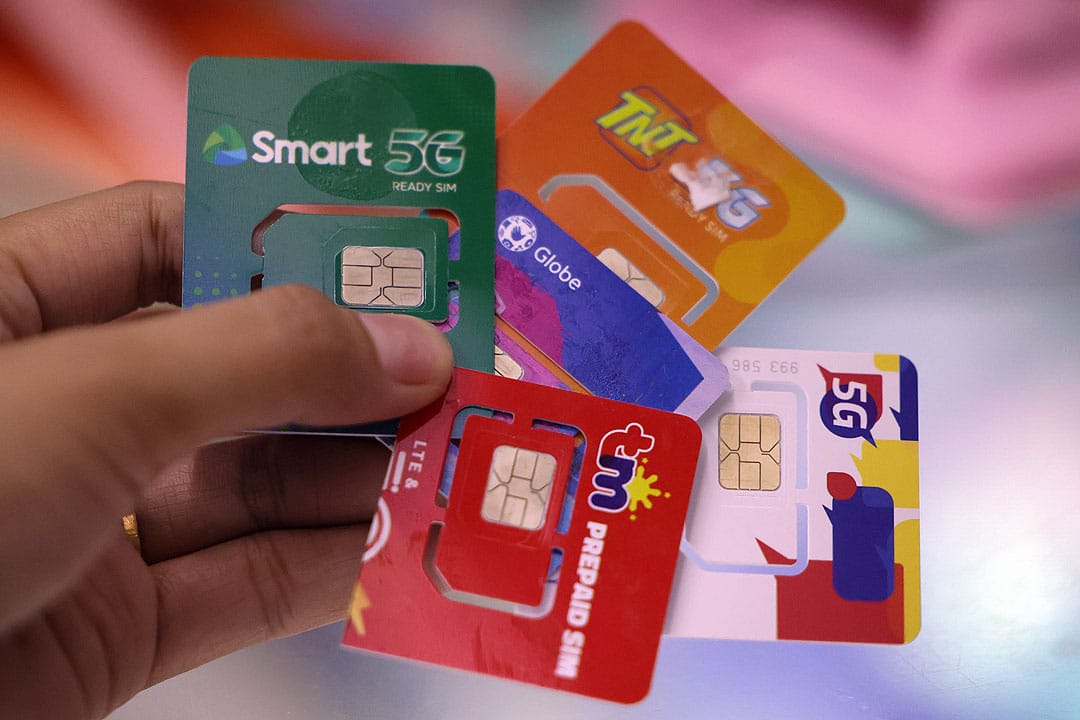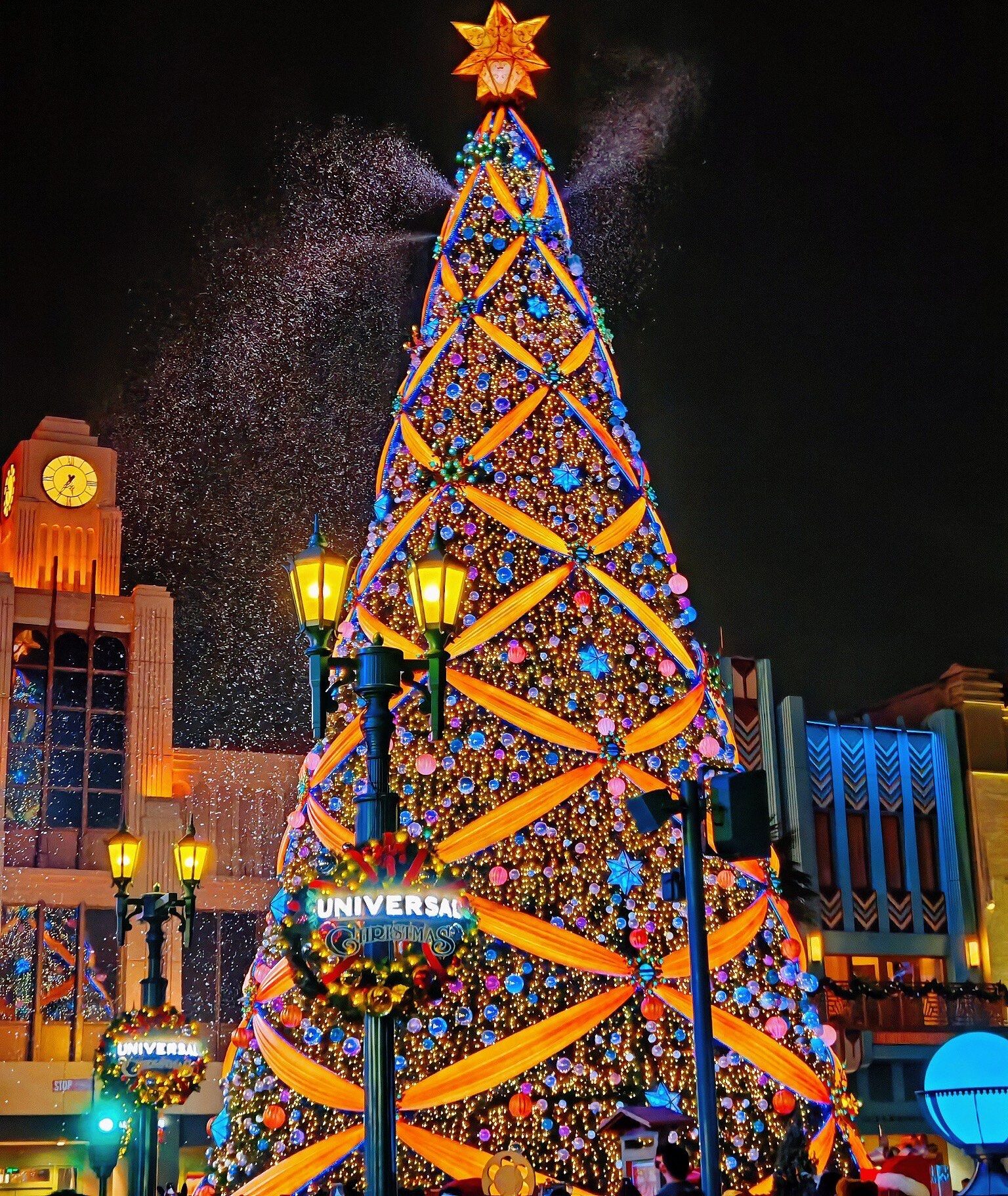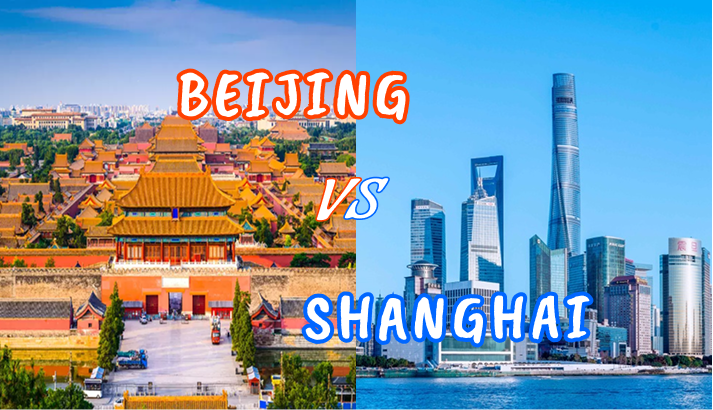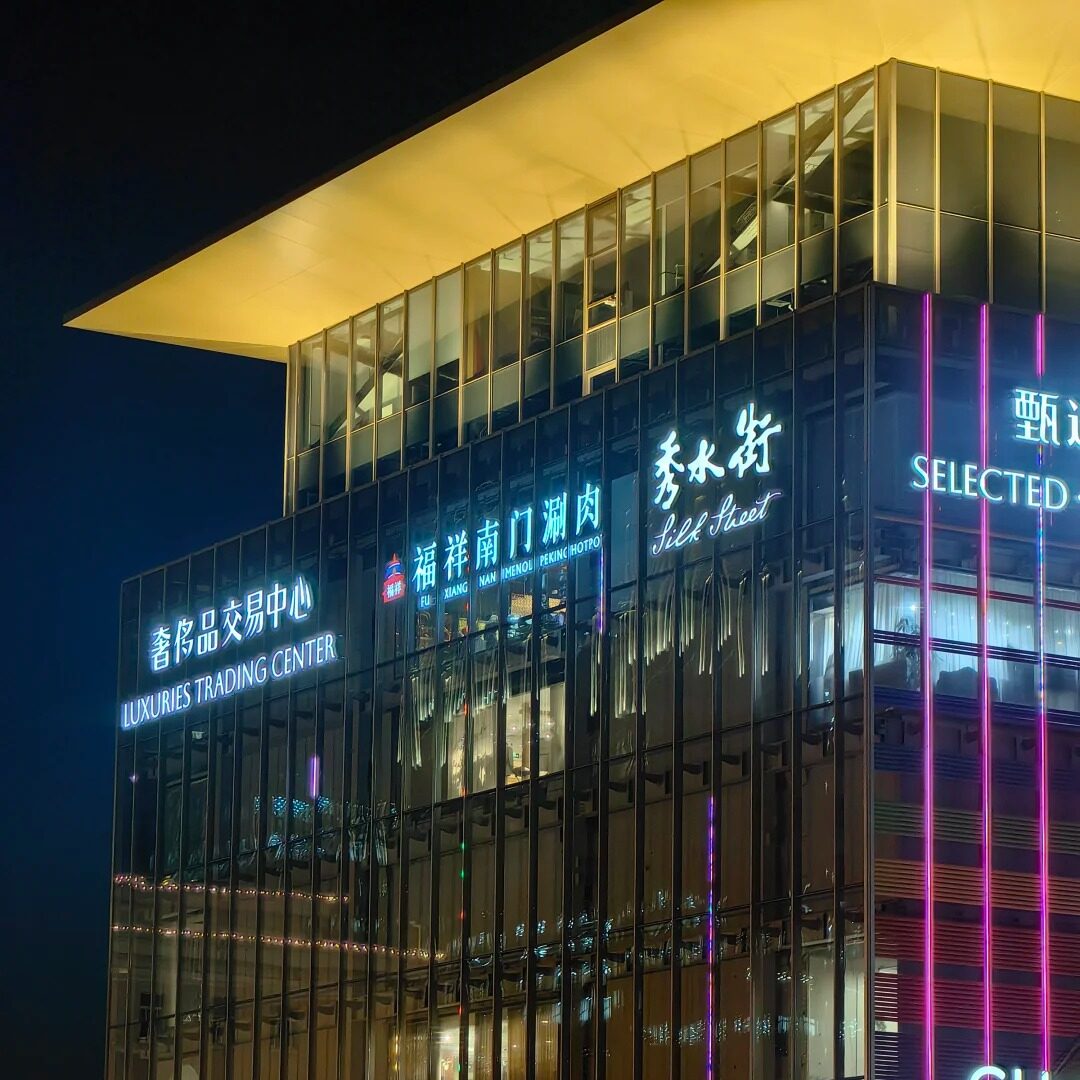A 5-day trip to Beijing hits that sweet spot—not too rushed, not too drawn out. It gives you time to see the big names like the Great Wall and Forbidden City, but also space to slow down, try street food in a tucked-away alley, or sip tea where locals actually unwind. This Beijing itinerary isn’t about rushing—it’s about rhythm. You’re not just ticking off landmarks—you’re breathing in the city’s pace.
This guide wasn’t pulled from a brochure—it’s how we’d show a friend around. Every route, meal, and market comes from real experience. We’ve waited in the early morning chill for the flag-raising at Tiananmen, folded dumplings with hutong grannies, and climbed the Jingshan hill just to catch the golden glow over the rooftops of the Forbidden City.
Locals know when the Forbidden City glows best, which tea house stays quiet even in summer, and where the good snacks are after dark. We know which subway exit leads straight to the market shortcut and which Great Wall entrance skips the crowds but keeps the views. That’s what makes this plan special: it’s Beijing, shared from the inside out—real.
So if you’re ready for more than just sightseeing, and want to experience the Beijing we know and love—let’s go.
- 798 Art Center
- Shopping at Panjiayuan
- Delicious Soup Dumplings
My Favorite Bits and Honest Thoughts
Best Visiting Times for Beijing’s Must-See Attractions
| Attraction | Best Visiting Time | Reasons & Local Tips |
|---|---|---|
| Tiananmen Square & Forbidden City | 6:00–8:00 AM | Flag ceremony; fewer tourists and cooler temperatures. |
| Jingshan Park | 3:00–5:00 PM | Ideal afternoon lighting and cooler conditions for photos. |
| Wangfujing Night Market | 6:00–9:00 PM | Peak hours for vibrant atmosphere and street food stalls. |
| Hutongs & Houhai Lake | 8:00–11:00 AM or 6:00–9:00 PM | Morning local life, evening lakeside bars & music. |
| Summer Palace (Kunming Lake) | 6:30–9:00 AM | Serene boat rides and best lighting for photography. |
| Temple of Heaven | 8:00–10:30 AM | Witness locals practicing tai chi; avoid midday crowds. |
| Qianmen Street | 5:00–7:30 PM | Perfect for evening strolls, shopping and local snacks. |
| Olympic Park | 7:00–9:30 PM | Illuminated Bird’s Nest & Water Cube at night. |
| Mutianyu Great Wall | Arrive by 8:30 AM | Beat the crowds; enjoy spectacular misty mountain views. |
| Ming Tombs (Sacred Way) | 1:30–4:00 PM | Quiet, reflective atmosphere; cooler afternoons. |
| Silk Market | 9:30–11:30 AM | Vendors fresh for bargaining; fewer shoppers early. |
| 798 Art District | 2:00–5:00 PM | Artists active in studios; lively cafés & galleries. |
| Panjiayuan Antique Market | 6:30–9:00 PM | Vibrant evening antiques market with popular food stalls. |
Frequently Asked Questions (FAQs)
Q: Do I need advance tickets for the Forbidden City?
Definitely! The Forbidden City limits daily visitors. You can book tickets online at least 2–3 days before visiting through official sites or trusted platforms. Remember, entry is timed—try booking an early-morning slot to avoid large crowds.
Q: How easy is it to find English menus at recommended restaurants like Siji Minfu or Haidilao?
It's quite easy. Popular restaurants like Siji Minfu and Haidilao offer clearly translated English menus, making ordering straightforward. Staff members at these spots also typically understand basic English, and they'll happily help you select dishes.
Q: Where can I find reliable currency exchange or ATM options near popular sites?
For convenience, use ATMs from major banks like Bank of China or ICBC, easily found near major tourist sites and metro stations. Avoid street-side currency exchanges; stick with bank branches and large hotels for safety and better rates.
Q: Do locals bargain everywhere, and how aggressive should I be?
Bargaining is common at markets like the Silk Market or Panjiayuan Antique Market. Always smile, stay friendly, and start at about half the seller’s initial price. Bargaining is expected, and sellers enjoy the playful negotiation. However, supermarkets, department stores, and official shops typically have fixed prices.
Q: What local specialties or souvenirs should I buy at Beijing’s markets?
Popular choices include silk scarves, Chinese tea, jade jewelry, calligraphy scrolls, and paper-cut art. Snack items like preserved hawthorn fruit or candied treats from Wangfujing Street also make tasty souvenirs. At the 798 Art District, look for original art pieces or handmade accessories.
Q: Are there specific items I should carry for daily sightseeing?
Always pack bottled water, sunscreen, a hat, comfortable shoes, and a portable umbrella (for rain or shade). Carry tissues or wet wipes, as public toilets might not provide them. A small portable charger for your smartphone ensures access to maps, translations, and payments.
Q: How can I best enjoy local nightlife safely, especially around Houhai and Sanlitun areas?
Both Houhai and Sanlitun are safe and vibrant nightlife areas popular with locals and tourists alike. Stick to well-lit, populated streets, and enjoy bars or cafés with good reviews. Stay aware of your surroundings and keep personal belongings secure. Didi taxis are available late-night for a convenient and safe return to your hotel.
Q: Should I use taxis, subways, or ride-hail apps?
For short trips or late-night rides, taxis or Didi are convenient—fares start around 13 RMB, plus distance fees. Subways are faster during rush hour, with single rides from 3–6 RMB; lines cover all major districts and run until about 11 pm. Purchase a Yikatong metro card for both subway and bus rides. On-board announcements and station maps include Pinyin and English, making navigation straightforward.
Q: What’s the best way to stay connected—Wi-Fi or SIM card?
While many hotels, cafés, and malls offer free Wi-Fi, the connection can be unreliable or slow, and you may need a local number to log in. For smoother access, buy a Chinese SIM card at the airport or from authorized telecom stores like China Mobile or China Unicom. They offer short-term tourist data plans—typically 50–100 RMB for a week of fast 4G/5G data. You’ll need to show your passport to register. If your phone is eSIM compatible, you can activate a plan online before arrival. Also, don’t forget: many foreign apps (Google, Instagram, WhatsApp) are blocked in China, so consider downloading a VPN before you land if you need them.
- Beijing Travel Items
- SIM Card
